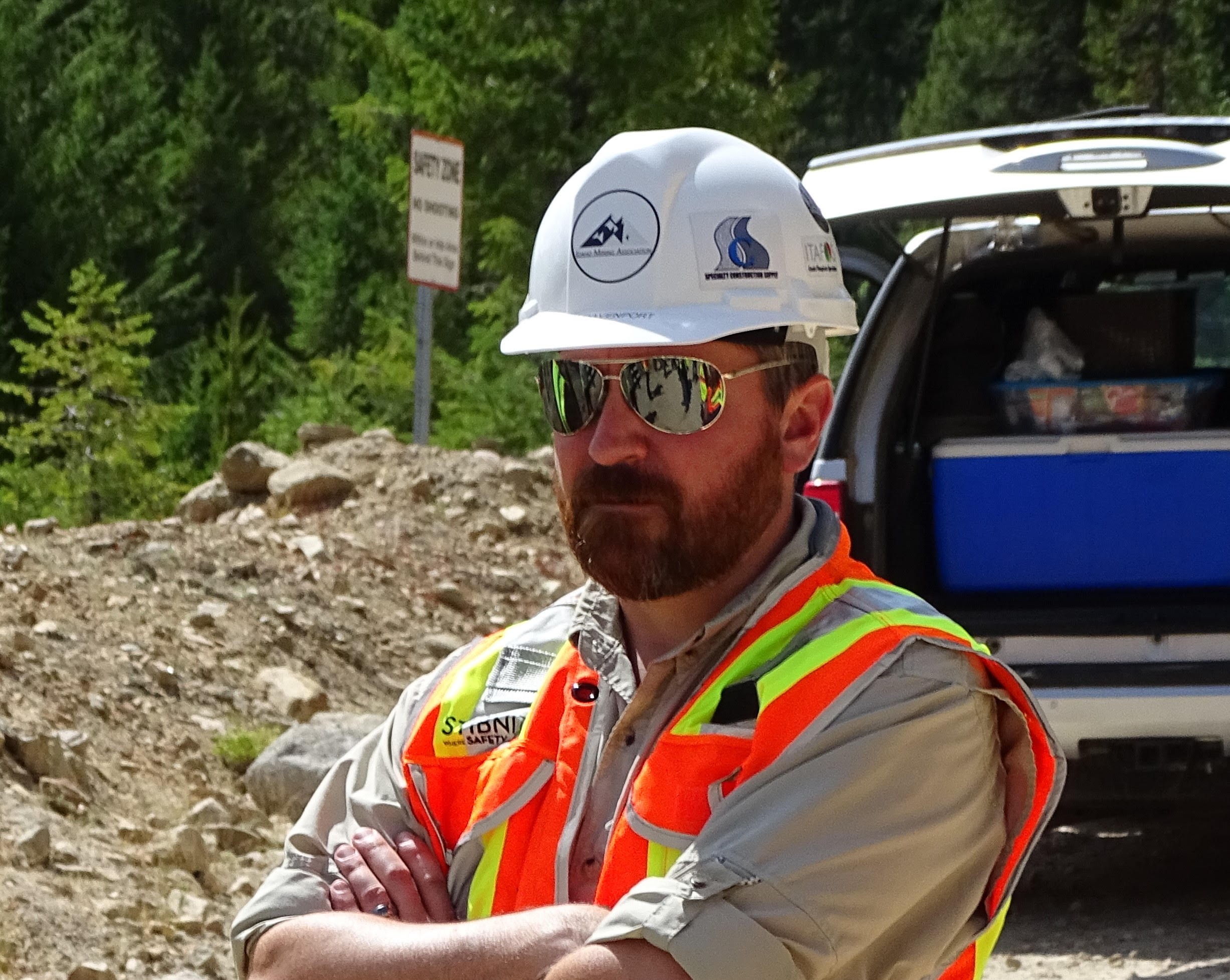Politics & Common Sense — Column by John Spencer
Over seventy years ago, in the frozen mountains of Korea, Americans found themselves in one of the bloodiest and most politically complicated wars of the 20th century.
It was a brutal conflict marked not by victory parades, but by trench warfare, unclear objectives, and staggering human loss. More than 1.2 million soldiers were killed across all sides. Civilian deaths approached 2 million, and the total number of wounded and displaced surpassed 4 million.
It was not a glamorous war. It was a war of attrition, of survival, and of endurance.
I served in Korea just sixteen years after the 1953 armistice was signed, and even then, the scars of war were everywhere with crumbling infrastructure, divided families, and a population still healing from one of the deadliest conflicts in modern military history. The orphanages were enumerable.
Only recently have I begun to reflect on what that experience could have been like and what it might teach us today as we go about our lives here in North Idaho. At first, the connection seemed distant and uncertain. But that uncertainty, that very ambiguity, is what makes the Korean War so relevant.
It is my opinion that because beneath its murky politics and stalemates, are enduring lessons about discipline, leadership, and the cost of internal division, a division that speak directly to the moment we’re living in now.
Today, our battles are different. We’re not dodging mortars or bullets, but we are navigating bitter divisions between traditional conservatives, increasingly assertive political groups, and a rising progressive movement that seeks to reshape the culture of the region. These aren’t just policy disagreements, they’re contests over identity, loyalty, and the future of our community.
In 1950, unclear U.S. policy helped trigger the North Korean invasion. Without a firm stance, aggressors took the initiative. Locally, we’ve seen the same effect. A lack of clear leadership has allowed competitive conservative factions to claim representation of the broader movement. The result has been confusion, infighting, and fractured trust. Are we building a healthy community, or just testing who’s “purer” in their politics?
Korea wasn’t just a traditional war. The war was a proxy for superpowers.
In our communities today, national talking points too often overshadow local needs. Whether it’s progressive activism in our schools and libraries or political hard-liners looking to enforce loyalty tests, our region must resist becoming a battlefield for someone else’s ideological war.
The U.S. entered Korea with a clear objective to protect South Korea. But when the mission changed to unifying the peninsula, the mission shifted profoundly, the strategy altered and much chaos followed. This war should remind us that clarity of mission is not just a military necessity, but it’s a principle that applies in politics, in leadership, and in our own communities.
Despite its devastation, South Korea rebuilt through discipline, sacrifice, and a shared vision for prosperity. That is a blueprint we need to remember. Rebuilding civic trust in our towns and counties will not come from shouting matches or party takeovers. It will come from parents volunteering, small business owners mentoring youth, and neighbors showing up with solutions rather than slogans.
President Truman made a difficult and unpopular call when he relieved General Douglas MacArthur who was a national hero. MacArthur made public statements contradicting U.S. policy, criticized the President’s approach, and lobbied Congress and allied nations without the president’s authorization. This action violated a cornerstone of American democracy.
For us, leadership sometimes means making deeply unpopular choices and standing by them.
MacArthur was a war hero. Truman’s decision to relieve him cost him politically. But safeguarding democratic institutions was more important than approval ratings. This reminds us that leadership isn’t about applause it is about principle.
The Korean War didn’t end in a decisive victory. It ended with an armistice that was imperfect, but effective. The principle still applies.
It’s easy to forget that this conflict was not won by ideologues or celebrities. It was won by average young men, many of them farm boys and mechanics, holding ground in frozen fields. At home, the war was supported by families who rationed, prayed, and kept the country moving. That value still is not in headlines or hashtags, but in citizens who take responsibility and do the hard work quietly.
History, when honestly examined, most of the time, is a guidepost. The Korean War teaches us about discipline, limited objectives, restraint, perseverance, and the power of ordinary people doing extraordinary things. These are not abstract ideas but are blueprints for how we govern ourselves, solve problems, and restore the public trust.
Northern Idaho, our home, like the Republic itself, will not be saved or preserved by political factions. It will be saved and preserved by honest neighbors. It will be renewed by clarity, steadiness, and the kind of leadership that sacrifices ego for the good of the whole.
If we want strong leadership in our communities, it starts with us. That means doing the hard work by staying curious, asking questions, reading deeply, and showing up. There’s no room for apathy or ignorance in a free society.
We owe it to those who sacrificed, many with their lives, to apply the lessons they gave us. Not later. Not someday. Now.










